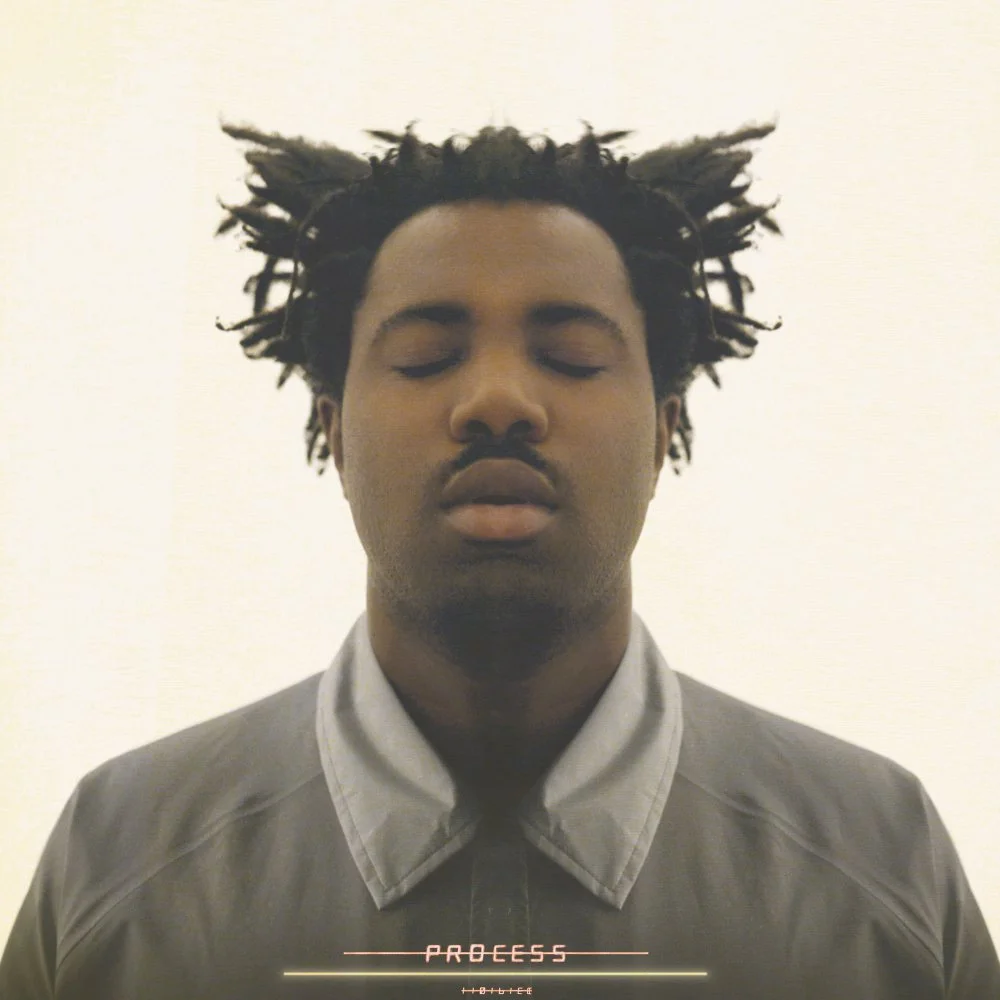Prior to the release of Process, most understood Sampha’s voice to be more of a texture than as a vehicle for delivering provocations of thought. Breakthrough features on “Too Much” from Drake’s 2013 album Nothing Was the Same and more recent work on Solange’s “Don’t Touch My Hair” (A Seat at the Table, 2016) showcase Sampha’s vocal rasp and urgency as emotionally captivating accents. But there are concerns that predispose those who take on the consideration of Sampha as a solo artist: Can his singularly textural voice stand as a centerpiece for original work? Or is he doomed to be the most desirable complimentary artist in alternative R&B?
Process seizes the essence of Sampha’s beautifully affective voice. The album weaves his soulful baritone into intricate layers of electronic blues and acoustic rhythms, embedding Sampha’s vocals into synthetically and naturally ambient sounds in an organic synthesis. The tone of the songs alternate seamlessly between lush and minimal as the album swells from bare and vulnerable songs like “Take Me Inside” to the thundering bass staccatos of “Under.” In whole, the palate of the album is impressionistic, dabbling in forceful whips of synthetic oscillations and the delicate strokes of sustained piano arpeggio.
The scope of the subject matter on Process is wide and highly emotive, ranging from stories of surrealist disillusions of violence to laments of forlorn love. “Blood on Me” tells of hooded figures in pursuit of a bloodied protagonist. Its instrumental is simultaneously threatening and empowering. Its vocal percussion and ominous piano arpeggio corners the listener, compelling him or her towards some sort of life-saving action with a sweat-inducing degree of invigoration. Changing pace nearly halfway through, the album frames its single “(No One Knows Me) Like the Piano” between sounds of thunderstorms and a tranquil rainforest. The song inspires sentimentality and nostalgia through lyrics that pay homage to childhood and a piano section so classical in its structure that it is reminiscent of a child’s recital.
Sampha’s idiosyncratic vocal delivery does not muffle the potency of his incisive songwriting. The precision and variety in his songs’ lyrical matter compare to the provocativeness of his earnest croons. His brand of experimental R&B qualifies him as a peer to James Blake, although Process’s melodic nature earns itself a catchiness that wins over fans in a way that the masses would never respond to Blake, especially with his recent work. This understanding of the formulaic, yet subtle and unique, nature of Sampha’s production ultimately leads us to consider the album’s title, which flaunts Sampha’s control over his art. He is an artist with an ear for what wins listeners and a direction that circumvents the monotony of R&B’s most vacuous motions.
In response to the question of whether or not he can stand out as a solo artist, Sampha has demonstrated that he does best not in fashioning himself as the centerpiece of experimental R&B music, but in elevating every element of his music to a full-bodied and alluring creative experience. Process gets contemporary R&B music right in a way that many of his competitors have not. In his first bloom, Sampha refines coarse notions of soulful experimentalism and tests the standard for modern black art.






